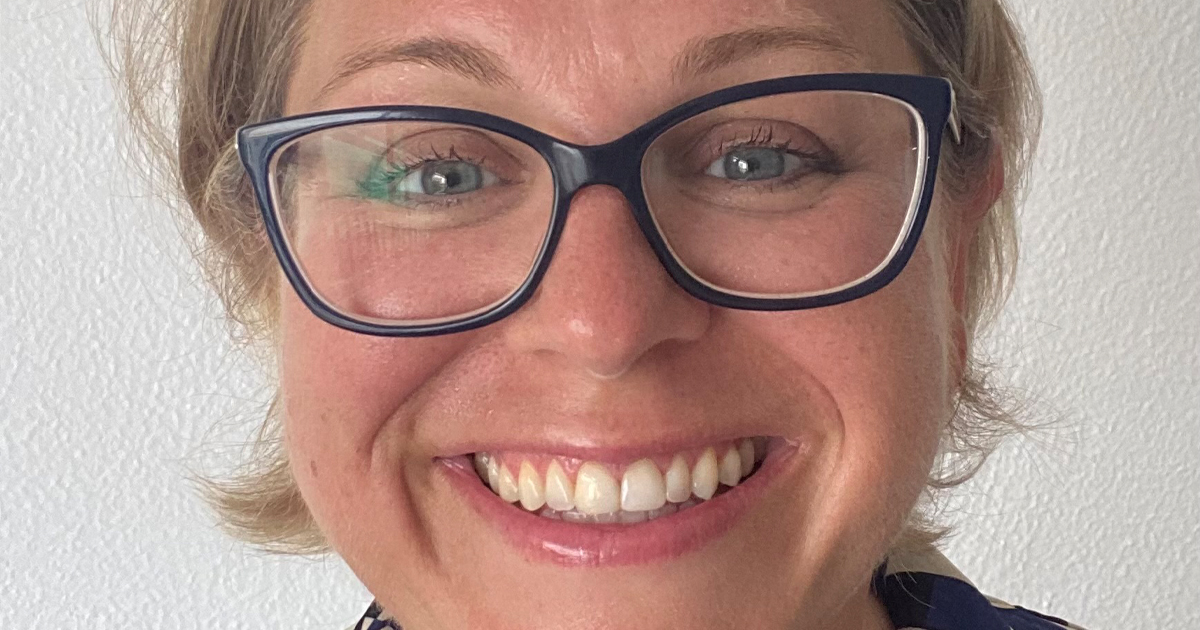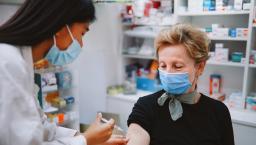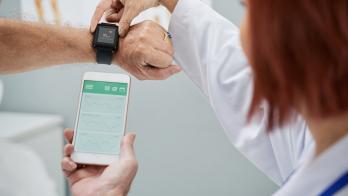
Dr Harriet Bradley, UK medical director of Livi.
Credit: Livi
According to the mental health charity Mind, one in four people will experience a mental health problem each year in England but approximately only one in eight adults with a mental health problem are currently getting any kind of treatment. The COVID-19 pandemic has exacerbated this, with an upsurge in cases over the past year, with the impact of prolonged lockdowns being felt keenly. According to the NHS Provider organisation, an estimated eight million people in England suffering from mental health problems are not able to access care.
Worryingly, there has also been a significant rise in young people’s cases, with NHS Digital data showing that over the past year, one in six young people had a mental health problem, an increase from one in nine the previous year. This unfortunately is not exclusive to the UK. A May 2021 report by the OECD found that the pandemic had led to a mental health crisis for young people and that “young people were 30% to 80% more likely to report symptoms of depression or anxiety than adults in Belgium, France and the United States in March 2021.” The Health at a Glance Europe 2020 report stated that the COVID‑19 pandemic “has increased the risk of development of various mental health conditions, particularly among young people and people in lower-income groups.” We are seeing a pattern emerging across Europe and beyond.
We are privileged to have a National Health Service free at the point of delivery, but NHS practices are feeling the burden and many patients are struggling to gain access to mental health care due to long waiting lists. In the UK and Europe, the pandemic has widened health inequalities across geographies, ethnicities, age and social groups.
There is much more we can do to help people access the care they need. One benefit of the past year and a half has been a scale-up of digital tools. Technology has been a game-changer in how we see our GPs, and it can play a significant part in diagnosing and treating mental health conditions. GPs are well equipped to diagnose mental health conditions over video-consultations.
Video-consultations also create a safe environment, for example, for people who suffer from conditions such as anxiety, with some patients reporting a preference for a video consultation rather than an in-person appointment.
Our own internal data supports this. A survey found that younger patients are more likely to seek digital help, rather than in-person consultations, as it makes them feel more at ease. Between July 2021 to September 2021, Livi data found that those aged under 34 are the most likely to avoid going to their GP practice (36%) and are most likely to find Livi the most convenient option for them. Furthermore, 63% of 25 to 44-year-olds think digital is the most convenient way to access care.
Internet Cognitive Behavioural Therapy (ICBT) is also an effective form of virtual treatment which works to change patterns of thinking and behaviour. It allows online psychologists to treat patients suffering from anxiety, stress and depression through video calls. Livi’s parent company Kry has been expanding its mental health provision and offers ICBT in Sweden and mental health self-assessment tools. Future plans also include rolling-out digital tools, including ICBT, across Europe and in the UK, and will offer patients access to a wider range of healthcare professionals such as psychologists and therapists.
With the pressures of the pandemic, addressing mental health needs - especially among younger people - has never been more urgent. Digital tools can help alleviate the pressure on the NHS, and ensure patients receive the treatment they need, when they need it.
Livi's mission is to build better, more accessible healthcare for everyone. Our service is used by more than 4,500 GP practices in the UK, and through partnerships with the NHS, enables more than five million patients to see a GP and other health professionals by video-consultation, free at the point of use, on their smartphone, tablet or computer. Livi is rated outstanding by the Care Quality Commission and is the UK arm of Kry.
Dr Harriet Bradley is the UK medical director of Livi

















